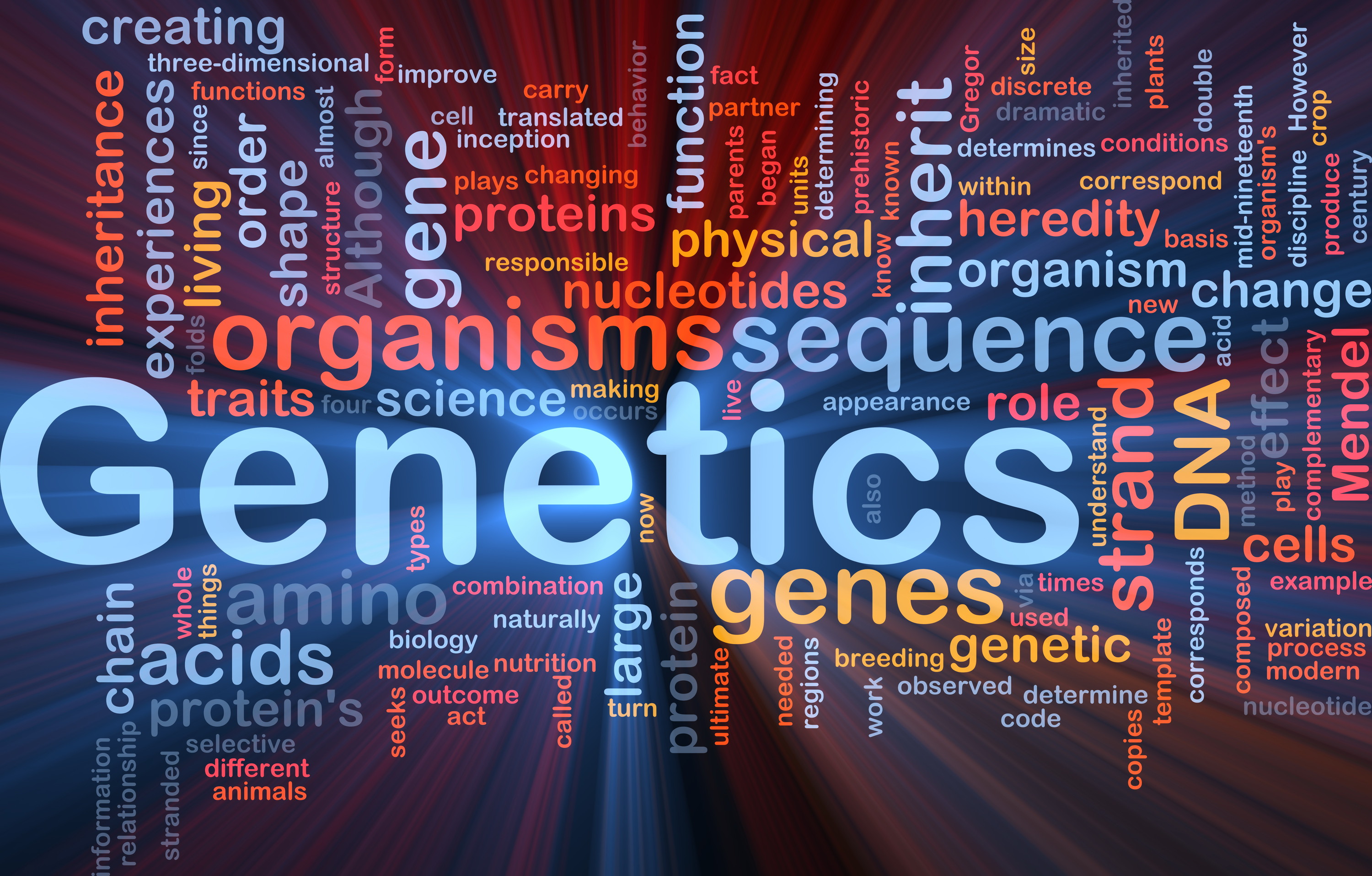At 11 o'clock on February 14th, Washington time, the Human Gene Editing Research Committee officially released a research report on the science, technology, ethics and supervision of human genetic editing. The report pointed out that the human genetic editing technology tool can not "do whatever it wants", must "act according to the rules", strictly abide by relevant principles and standards. The report divides human gene editing into three parts: basic research, somatic cell, germ cell/embryonic gene editing, and discusses the three aspects of scientific, ethical and regulatory issues and proposes relevant principles.
In recent years, the rapid popularization of gene editing technology has made great contributions to the promotion of life science research and the maintenance of human health. At the same time, it has also challenged social ethics and human security, and has been seriously "concerned" by scientists. In December 2015, the first human gene editing summit jointly organized by the National Academy of Sciences, the American Academy of Medical Sciences, the Chinese Academy of Sciences, and the Royal Society of the United Kingdom was held in Washington, DC, and discussed various aspects of the science and application of the technology. According to the mission deployment, the National Academy of Sciences and the American Academy of Medical Sciences immediately established a Human Gene Editing Research Committee composed of 22 scholars to conduct a comprehensive study on the science, technology, ethics and supervision of human genetic editing. After 14 months, the report Finally released to the world.

Most of the 22 scholars involved in the study came from the United States, including scholars from the United Kingdom, France, Italy, Canada, Israel, and China. The only scholar from China is Yan Duanqing, a researcher at the Guangzhou Institute of Biomedicine and Health, Chinese Academy of Sciences. He participated in the first human genetic editing summit organizing committee and participated in the 14-month research since the establishment of the Human Gene Editing Research Committee. Work with the discussion.
Yan Duanqing said that the December 2015 Human Gene Editor Summit had a fruitful discussion on China's ethical issues in human genetic editing research. The summit fully affirmed the ethical rationality of Chinese scholars in this field. The report released today proposes a systematic and principled framework for the further development and application of human genetic editing technology, which has positive significance.
The report focuses on three major areas of human genetic editing: basic research, somatic and germ cell/embryonic gene editing, and discusses the three scientific, ethical, and regulatory issues and proposes relevant principles.
Shenzhen Sunson Tech Co., Ltd , https://www.sunsonkiosk.com